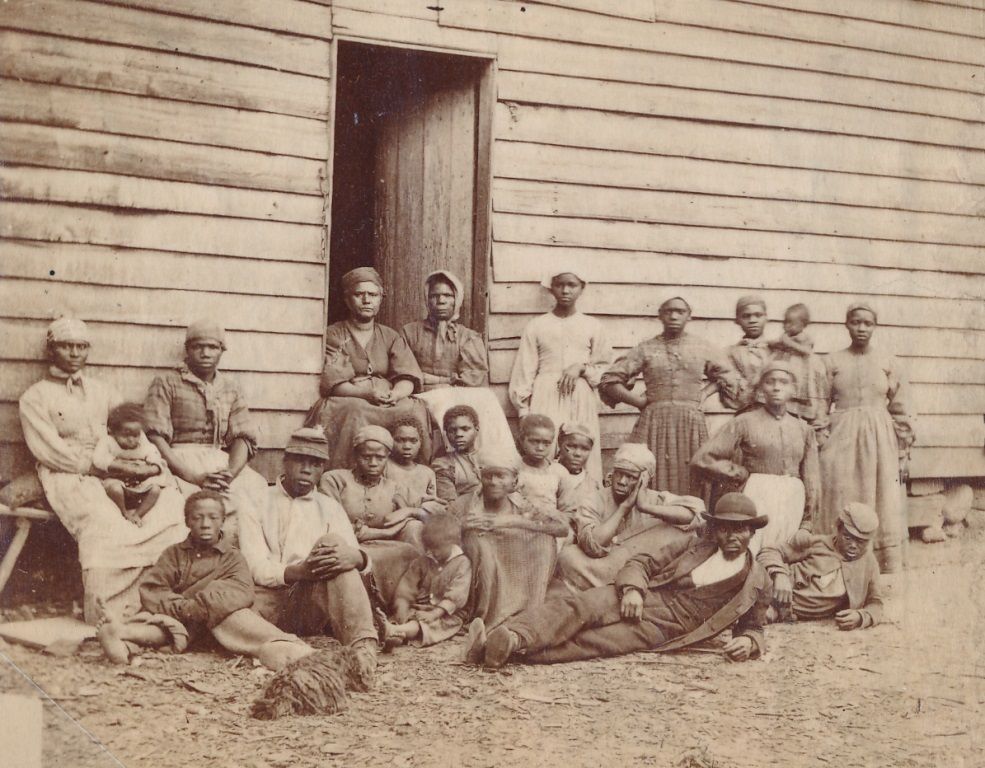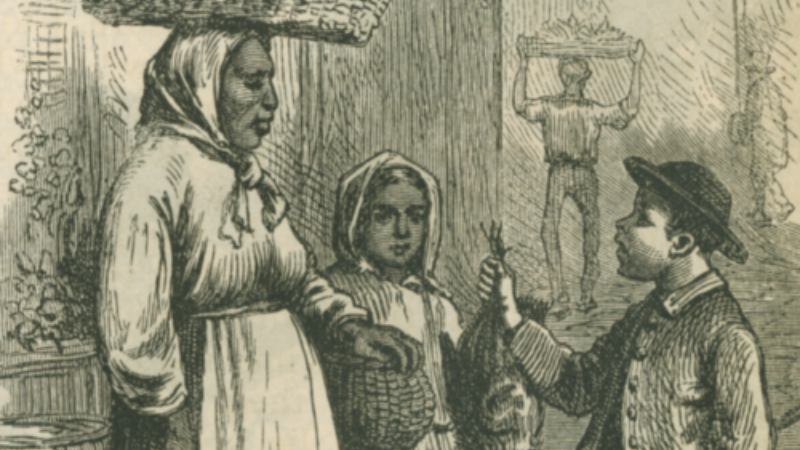
NHPRC News
February 2022
Inside the Commission
NHPRC Chairman David S. Ferriero to Retire
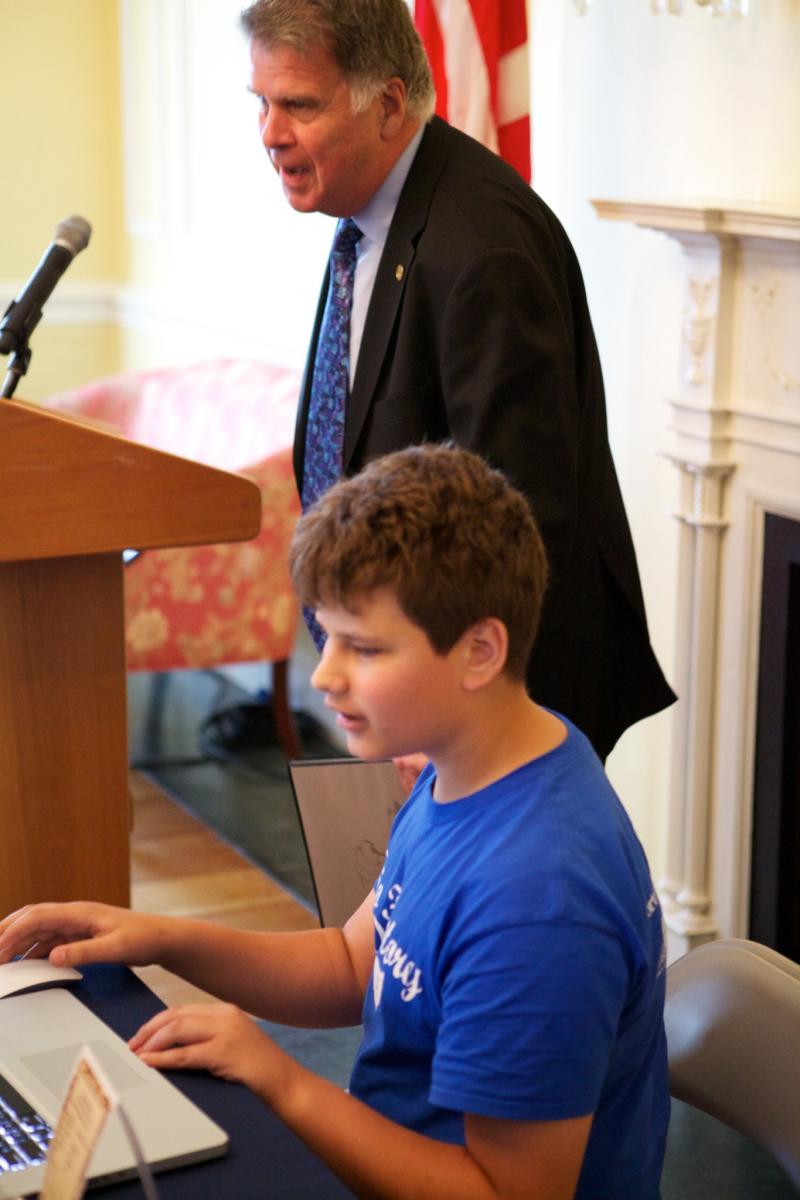 Archivist of the United States David S. Ferriero will retire from the National Archives and Records Administration, effective mid-April 2022. He has served as the tenth Archivist of the United States since November 6, 2009.
Archivist of the United States David S. Ferriero will retire from the National Archives and Records Administration, effective mid-April 2022. He has served as the tenth Archivist of the United States since November 6, 2009.
On his second full day in office, David chaired a meeting of the National Historical Publications and Records Commission, the advisory board which runs the National Archives grants program. Under his leadership, the NHPRC has awarded over 1,000 grants to projects all across the country over the past dozen years. He was instrumental in making access happen by encouraging the NHPRC to support digitization and public engagement projects, as well as new efforts for collaboration among archives through our Major Initiatives and Archives Collaboratives programs. Under his tenure, the NHPRC also collaborated with the Mellon Foundation for collaborative digital editions and to serve as a catalyst for new projects centering the history of Black, Indigenous, and People of Color.
David Ferriero was a key figure in the creation of Founders Online (http://founders.archives.gov), which provides free access to the papers of George Washington, Benjamin Franklin, John Adams (and family), Thomas Jefferson, Alexander Hamilton, John Jay, and James Madison. This resource of over 185,000 searchable and annotated documents from the authoritative Founding Fathers Papers projects is a boon to historians of the era, and it also is changing how teachers use primary sources in the classroom. It is another collaboration between the National Archives and Rotunda, the University of Virginia Press.
One of our favorite images comes from the launch of Founders Online, with a young History Day student taking a test-drive of the Founders database, and appropriately enough Mr. Ferriero is in the background, having completed his public remarks.
You can read more about his service as Archivist of the United States through the National Archives press release at:
https://www.archives.gov/press/press-releases/2022/nr22-17
And be sure to check out his blog post (and the banner of David up on the roof) at https://aotus.blogs.archives.gov/.../retirement-of.../
Dr. Kim Gallon Appointed to Commission
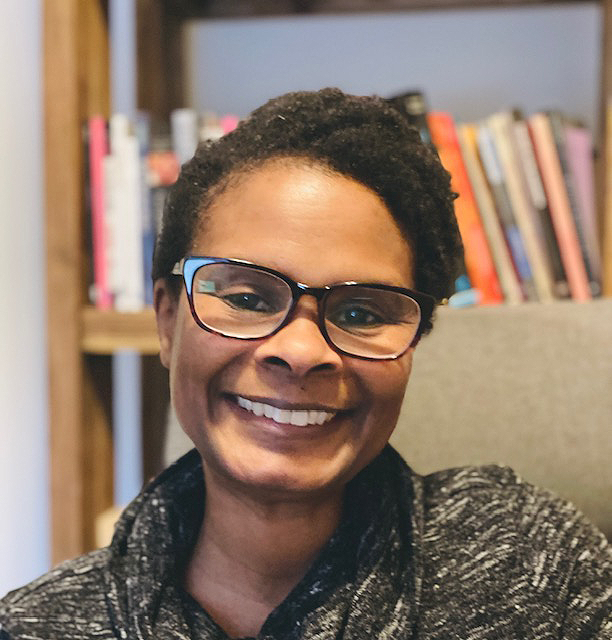 Kim Gallon has been appointed to the National Historical Publications and Records Commission as representative of the American Historical Association. Dr. Gallon is an Associate Professor of History at Purdue University. Her work investigates the cultural dimensions of the Black Press in the early 20th century and the history of technology, race, and health equity. She is the author of a number of articles and essays as well as the book, Pleasure in the News: African American Readership and Sexuality in the Black Press (University of Illinois Press, 2020). Gallon is also the author of the field-defining article, “Making a Case for the Black Digital Humanities” and the founder and director of two black digital humanities projects: The Black Press Research Collective and COVID Black.
Kim Gallon has been appointed to the National Historical Publications and Records Commission as representative of the American Historical Association. Dr. Gallon is an Associate Professor of History at Purdue University. Her work investigates the cultural dimensions of the Black Press in the early 20th century and the history of technology, race, and health equity. She is the author of a number of articles and essays as well as the book, Pleasure in the News: African American Readership and Sexuality in the Black Press (University of Illinois Press, 2020). Gallon is also the author of the field-defining article, “Making a Case for the Black Digital Humanities” and the founder and director of two black digital humanities projects: The Black Press Research Collective and COVID Black.
Diversity, Equity, and Inclusion
As part of its Strategic Plan, the NHPRC has set as one of its four major goals to foster a greater diversity of voices in telling the American story through historical records collections. To that end, we are actively recruiting projects in small and underserved communities and within the archival and historical editing professions to represent the full diversity of the American story.
Our commitment to Diversity, Equity, and Inclusion includes outreach to organizations whose historical records collections center the history of Black, Indigenous, and People of Color, as well as in the archives, records management, and historical documentary editing professions. Our program officers are planning “listening tours” to hear your ideas, and we would love to hear from you. Please feel free to contact us via email at https://www.archives.gov/nhprc/contact.html
Grant Opportunities
Major Collaborative Archival Initiatives
For collaborative projects that will significantly improve public discovery and use of major historical records collections.
-
Final Deadline: June 8, 2022
Archives Collaboratives
For projects to plan and develop a working collaborative designed to enhance the capacity of small and diverse organizations with historical records collections.
-
Final Deadline: June 8, 2022
Publishing Historical Records in Collaborative Digital Editions
For projects to publish documentary editions of historical records.
This program has two deadline options:
-
Final Deadline: June 8, 2022
-
Final Deadline: October 6, 2022
NHPRC-Mellon Planning Grants for Collaborative Digital Editions in African American, Asian American, Hispanic American, and Native American History and Ethnic Studies
For projects to publish collaborative digital editions in African American, Asian American, Hispanic American, and Native American History and Ethnic Studies.
-
Final Deadline: June 8, 2022
State Board Programming Grants
For projects that strengthen the nation’s archival network through activities undertaken by state historical records advisory boards.
-
Final Deadline: June 8, 2022
NEWS FROM THE FIELD
NHPRC-Mellon Planning Grants
We are very excited to announce the first round of NHPRC-Mellon Planning Grants for Collaborative Digital Editions in African American, Asian American, Hispanic American, and Native American History.
Six projects were selected:
¡Presente!: Documenting Latinx History in Wisconsin at the University of Wisconsin
Los Angeles Issei Poetry Collection Digital Edition at the Japanese American Cultural & Community Center
Wičhóoyake kiη aglí—They Bring the Stories Back: Connecting Lakota Wild West Performers to Pine Ridge Community Histories at Clemson University
The Texas Domestic Slave Trade Digital Edition at the University of Texas at Austin
Kinship and Longing: Keywords for Black Louisiana at Johns Hopkins University
The Yokohama Specie Bank Collaborative Digital Edition at the Japanese Cultural Community Center of Northern California
At the Association for Documentary Editing, Jessica Marie Johnson, Assistant Professor of History at Johns Hopkins University and Director of LifexCode: Digital Humanities Against Enclosure, discussed their project, Keywords for Black Louisiana: Digitizing the Colonial Archive:
"Digitization of colonial sources has created an array of new information on Black and Indigenous life and culture that historians can use to make conclusions about early North American history. These new repositories, however, have only begun to reveal their full potential. Likewise, a suite of digital tools exists to explore and visualize archival material in novel ways. [There are] .... multiple avenues for recovering histories of Black and Indigenous life from documents created by French settlers, slave owners, and administrators of eighteenth-century Louisiana."
The proposed collaboration involves scholars and graduate students based at Johns Hopkins, Tulane, Notre Dame, and the University of Texas-El Paso to plan for and develop a digital edition based on some 200,000 French and Spanish colonial records (1714-1803) documenting enslaved and free people of African descent in Louisiana. The planning team seeks to build a selective, open source, searchable edition, including some 50,000 transcribed and translated documents and another 100,000 abstracts to provide a better understanding of the collection and make it available to scholars, genealogists, students, and the general public.
To read more about the NHPRC-Mellon partnership, go to: https://www.archives.gov/press/press-releases/2021/nr-21-24. For information about applying for a planning grant, go to: https://www.archives.gov/nhprc/announcement/digitaleditions
Virginia Untold
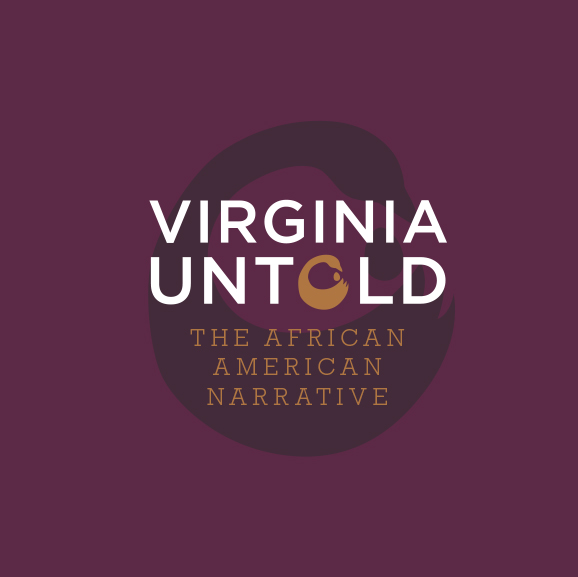 In 1782 the Commonwealth of Virginia passed an act authorizing and permitting the manumission of slaves. Reacting to White concern about the increasing numbers of free Blacks, in the 1790s the Virginia Legislature began to impose far reaching legal controls. In 1793, the Virginia General Assembly passed a law prohibiting the immigration of free Blacks into the Commonwealth and also passed a law requiring all free Blacks to register with the local court every three years. A formal list, or register, of free Blacks for each year was kept by the court and a copy of the registration was given to the individual. The copy, commonly referred to as ‘free papers,’ allowed Blacks to prove their freedom and were required to be produced upon demand. Failure to register could result in fines or imprisonment.
In 1782 the Commonwealth of Virginia passed an act authorizing and permitting the manumission of slaves. Reacting to White concern about the increasing numbers of free Blacks, in the 1790s the Virginia Legislature began to impose far reaching legal controls. In 1793, the Virginia General Assembly passed a law prohibiting the immigration of free Blacks into the Commonwealth and also passed a law requiring all free Blacks to register with the local court every three years. A formal list, or register, of free Blacks for each year was kept by the court and a copy of the registration was given to the individual. The copy, commonly referred to as ‘free papers,’ allowed Blacks to prove their freedom and were required to be produced upon demand. Failure to register could result in fines or imprisonment.
With Major Initiative support from the NHPRC, the project will arrange, describe, and digitize records relating to free people of color from the City of Richmond. Once completed, the records and data will join the 15,000 records and 200,000 names of enslaved people and free people of color currently found in the database. This effort is part of the Library's “Virginia Untold: The African American Narrative” project
The Virginia Untold project, created in 2013, provides greater accessibility to pre-1865 African American history and genealogy found in the rich primary sources stored at the Library of Virginia, helping the public break through the roadblock that has long impeded African American history research.
In some instances, these materials contain the only written account of a narrative told from the point of view of the free or enslaved person mentioned in the document.
To find out how you can help transcribe these documents, go to https://www.virginiamemory.com/transcribe/
Free Access to the Monroe Papers on Rotunda
 Our friends at Rotunda have published a digital edition of the Papers of James Monroe, and you may access it for free through the end of February. https://rotunda.upress.virginia.edu/founders/MONR.html
Our friends at Rotunda have published a digital edition of the Papers of James Monroe, and you may access it for free through the end of February. https://rotunda.upress.virginia.edu/founders/MONR.html
The Papers of James Monroe is a documentary editing project based at the University of Mary Washington in Fredericksburg, Virginia. The Project is in the process of publishing a scholarly ten-volume collection of selected letters and papers documenting the life and career of the fifth president of the United States. The NHPRC has supported the efforts over the years, and you can read more about it at https://academics.umw.edu/jamesmonroepapers/
New York’s Old Town Records
A smallpox outbreak in Brooklyn in the winter of 1893-1894 led the Board of Health to undertake an effort to contain the virus, largely by vaccinating as much of the population as possible. One of the first documents lays out the plan:
“February 9, 1894,
Orders issued to vaccinators and sanitary inspectors as follows:
You will vaccinate in ward and make daily reports to the Inspector of the district. You will urge vaccination upon all who have not been vaccinated within five (5) years.
Yours truly,
Z. Taylor Emery, M.D.
Commissioner”
You can read more about it via project archivist Elise Winks post on the NYC Department of Records and Information Services blog:
https://www.archives.nyc/.../processing-the-old-town...
An NHPRC grant to the New York City Department of Records and Information Services supports a project to digitize New York's Old Town collection, which dates back to the seventeenth century, contains records from the villages and towns that eventually became the five boroughs in 1898. The records comprise 189 ledgers and total approximately 72 cubic feet. Approximately 50,000 digital images will be created.
The Lewis Collaborative at Washington University
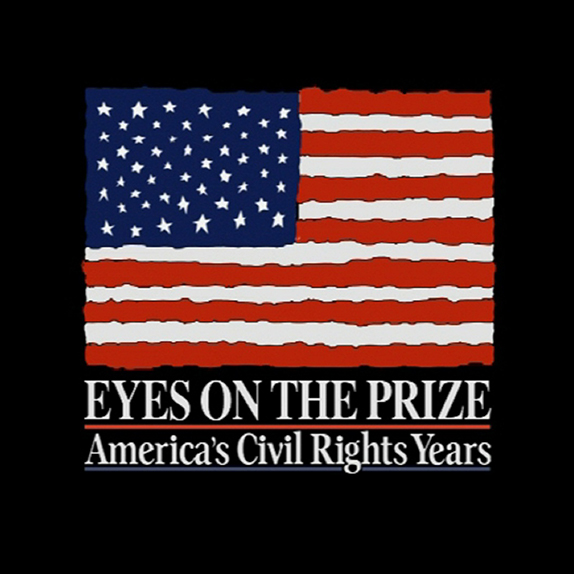
The Lewis Collaborative — a reinvention of a century-old landmark — and a new “studiolab” model are reshaping humanities education at Washington University in St. Louis. A fascinating piece in The Source revolves around the key question of "how we tell the civil rights story — and how that might impact our understanding of the current political moment."
“Freedom | Information | Acts,” the first in a new series of yearlong interdisciplinary investigations known as “studiolabs.” In this initial studiolab, students are exploring how interviews filmed for "Eyes on the Prize" — the iconic civil rights chronicle produced by Blackside, the great documentary film company founded by Henry E. Hampton, AB ’61 (English) — compare to roughly contemporaneous interviews, with many of the same participants, by celebrated documentarian Jack Willis."
The NHPRC funded a number of archival projects at Washington University to preserve the raw materials and interviews for "Eyes on the Prize," the award-winning documentary series on America’s Civil Rights Years, 1954-1965.
You can read more about it at https://source.wustl.edu/2021/12/a-new-home-for-humanists/
The Keetoowah Way
In the early 1820s, a man named Sequoyah developed a syllabary, a set of 86 written characters representing syllables used in the Cherokee language serving the purpose of an alphabet. The Cherokee syllabary was the first writing system ever developed and used by an indigenous nation in the United States. Texts using this method write in the "Keetoowah Way."
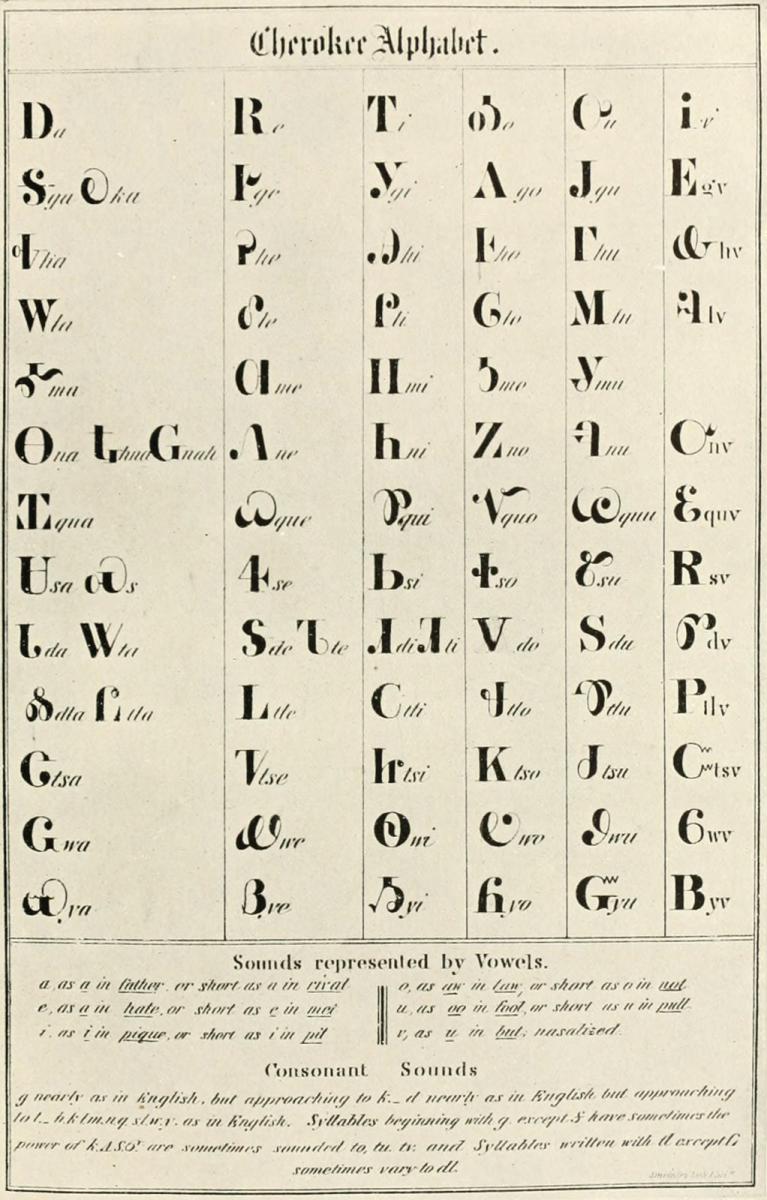 As is the case with most indigenous languages, the vitality of the Cherokee language has never been more precarious. The COVID-19 pandemic has taken a large toll on Cherokee communities, accelerating the already rapid loss of native Cherokee speakers. It is becoming increasingly difficult for new learners to find a space where they can practice their language in their everyday life — a place where people from all walks of life can come together to practice speaking, listening, reading, and writing — and to build a deeper shared understanding of language and culture together.
As is the case with most indigenous languages, the vitality of the Cherokee language has never been more precarious. The COVID-19 pandemic has taken a large toll on Cherokee communities, accelerating the already rapid loss of native Cherokee speakers. It is becoming increasingly difficult for new learners to find a space where they can practice their language in their everyday life — a place where people from all walks of life can come together to practice speaking, listening, reading, and writing — and to build a deeper shared understanding of language and culture together.
The Digital Archive for American Indian Languages Preservation and Perseverance (DAILP) is a community-based digital archive, based at Northeastern University, created to support indigenous peoples’ knowledge, interpretations, and representations of the past. Their selection of handwritten documents in the Cherokee syllabary are sourced from the Kilpatrick Collection at the Beinecke Rare Book and Manuscript Library of Yale University and the Newberry Library in Chicago. These manuscripts have been translated by Cherokee speakers and thoroughly annotated by teams of Northeastern students, Cherokee community members, and linguists. The DAILP was launched with support from the Institute for Museum and Library Services.
The NHPRC awarded Northeastern University a grant in support of its digital edition project, Cherokees Writing the Keetoowah Way. The project is creating an online environment for transcribing, translating, and contextualizing historical documents written using the Cherokee syllabary. The goals are to support language preservation, language learning, and language perseverance. All of the documents to be edited and published were written by Cherokee authors for Cherokee audiences, and reflect Cherokee perspectives. Working with community members, teachers, language specialists, and linguists, CWKW will expand its recently-developed, community-based workflow and editorial interface supporting “varied reading and language study practices” (prototyped using 25 documents totaling 39 manuscript pages) to generate and publish an additional 60 fully transcribed, annotated, and contextualized manuscripts (totaling 82 manuscript pages, all translated into English).
You can read more about it at https://dailp.northeastern.edu/
